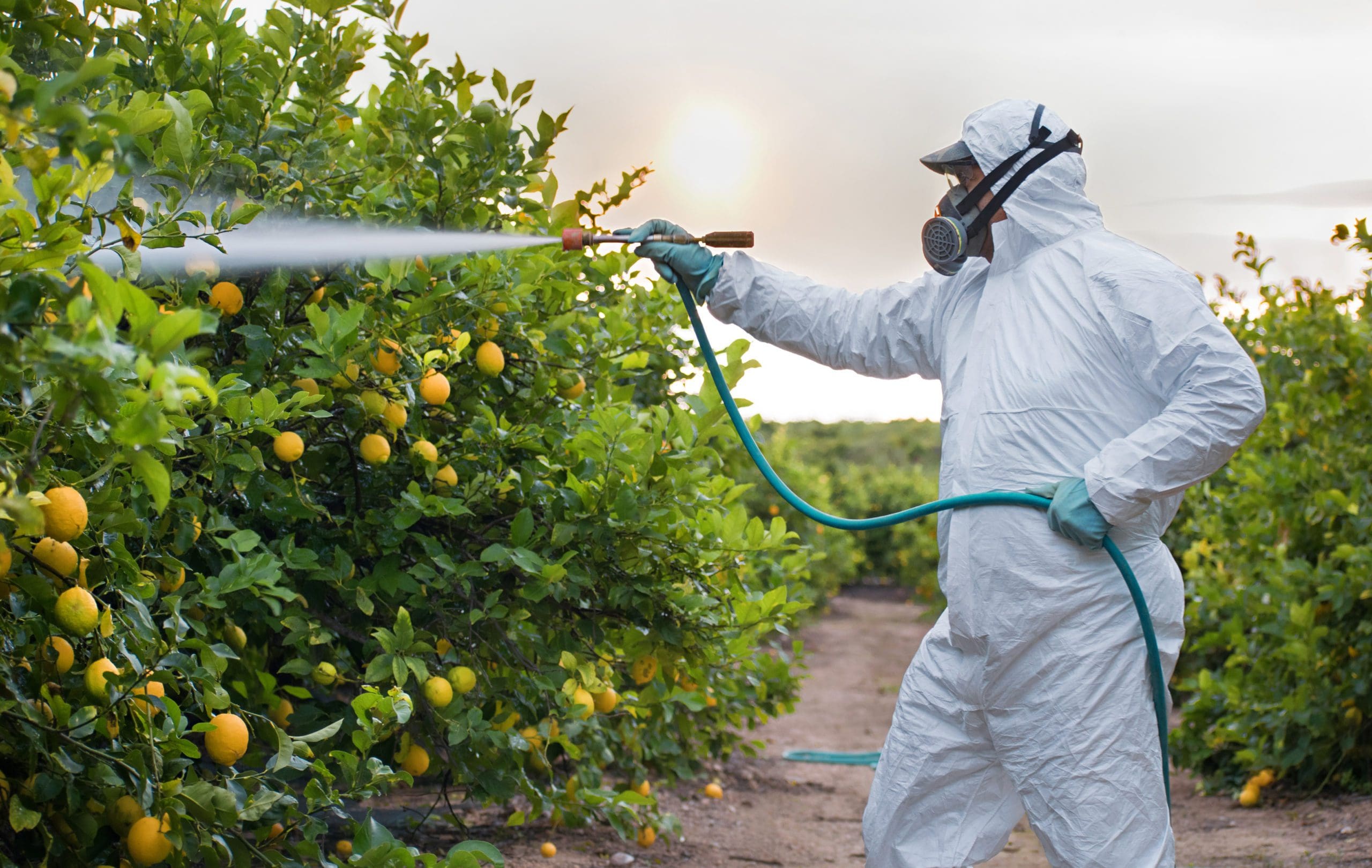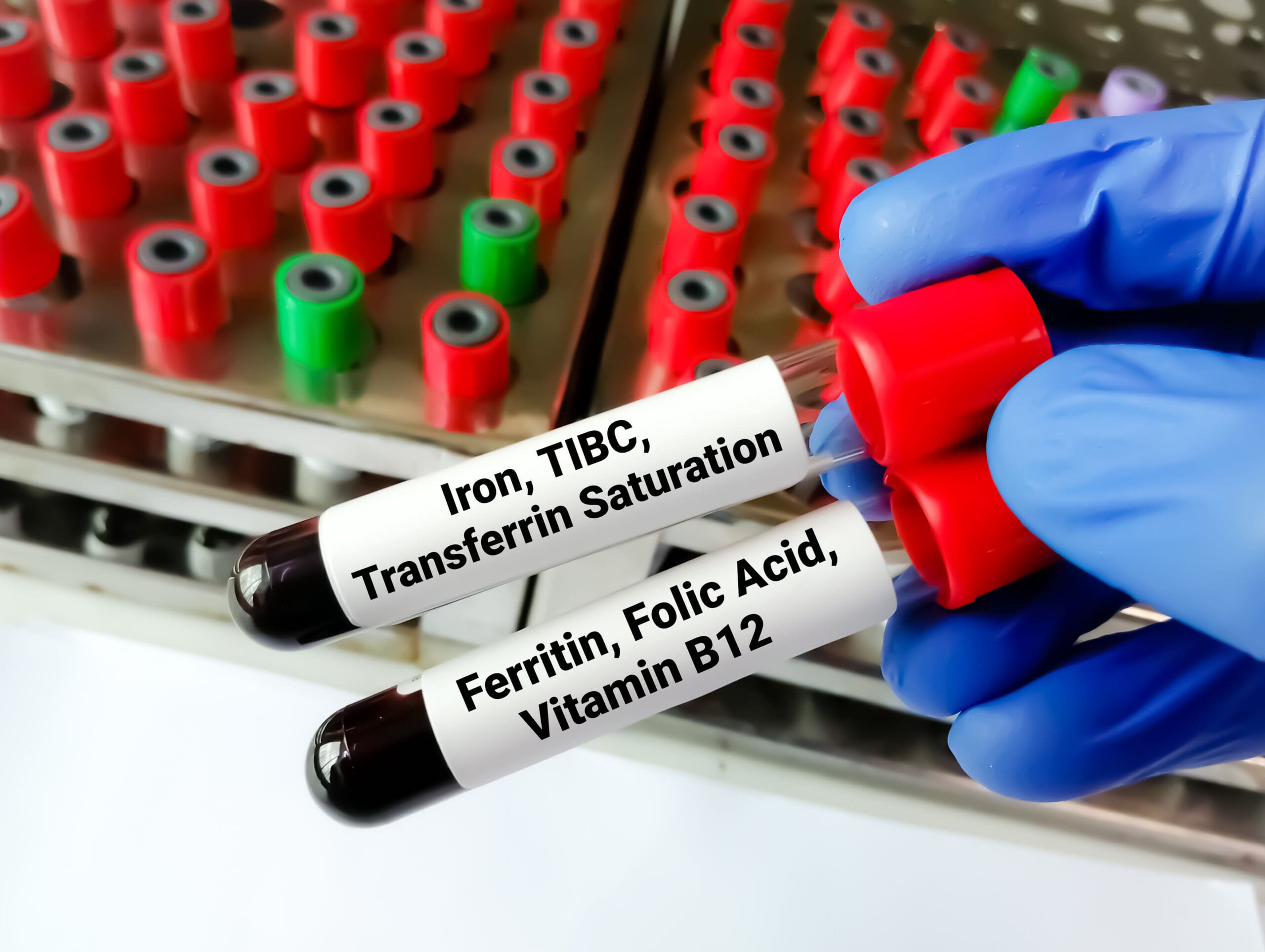This herbicide raises the risk of fatty liver
By naturopath Margaret Jasinska
Did you know that herbicide residues in food can raise the risk of fatty liver disease? The popular weedkiller RoundUp, which is used all over the world by agriculture and home gardeners causes liver damage and fatty liver in rats at the low doses that are permitted by regulators. This finding has led some researchers to speculate that RoundUp residues (found in the food nearly all of us eat) may raise the risk of not only non-alcoholic fatty liver disease, but also obesity, type 2 diabetes and insulin resistance.
RoundUp is the brand name of glyphosate. It is a broad-spectrum herbicide and has been around since the mid 70s. Government regulators officially classify it as safe, but there is enormous controversy surrounding this issue, and a great deal of research has revealed its toxicity. There is a strong correlation between RoundUp and cancer, particularly non-Hodgkin lymphoma. In March 2015, the World Health Organization’s International Agency for Research on Cancer stated that glyphosate is a “probable human carcinogen.”
A study linking RoundUp with fatty liver was published in the journal Nature. The study was led by Dr Michael Antoniou at King’s College London and evaluated the molecular composition of the livers of female rats who were given an extremely low dose of glyphosate weedkiller for a two year period. The dose used in the study was thousands of times below what is permitted by regulators worldwide. Specifically, the glyphosate quantity was 75,000 times below EU and 437,500 below U.S. permitted levels. The rats developed non-alcoholic fatty liver disease. Dr Antoniou made the following poignant statement: “The findings of our study are very worrying as they demonstrate for the first time a causative link between an environmentally relevant level of Roundup consumption over the long-term and a serious disease – namely non-alcoholic fatty liver disease. Our results also suggest that regulators should reconsider the safety evaluation of glyphosate-based herbicides.”
The incidence of fatty liver is exploding all over the world. Diets high in sugar and industrial seed oil certainly play a large part in causing this disease, but there are other risk factors most people don’t know about. If you want to learn how you can reverse fatty liver, this information should help you. Roundup residues are so widespread throughout the food chain and it’s impossible to avoid this chemical completely. Now that you know it can harm your liver, please avoid using it in your garden.
If you have some land of your own, growing some of your own vegetables and herbs would be ideal. If organic produce is available and affordable, it is usually a healthier option.
If you have been diagnosed with a fatty liver please take it seriously. If your liver is fatty your metabolism will not function properly. You may find it impossible to lose weight, you can become insulin resistant, and your energy level will be low. Long term, fatty liver disease raises the risk of type 2 diabetes, cirrhosis of the liver, and liver cancer. The book Fatty Liver: You Can Reverse It contains a detailed plan on how to restore liver health. Dr Cabot Ultimate Superfood is a quality vegetarian protein powder that supports healthy liver function. It can be used in water, juice or smoothies. It is 50% by weight pure protein. Packed with vitamins and minerals and 28 Superfoods and greens. Our protein comes from superior European grown Golden Peas with 3 times the protein content of regular pea protein powders.









Leave A Comment